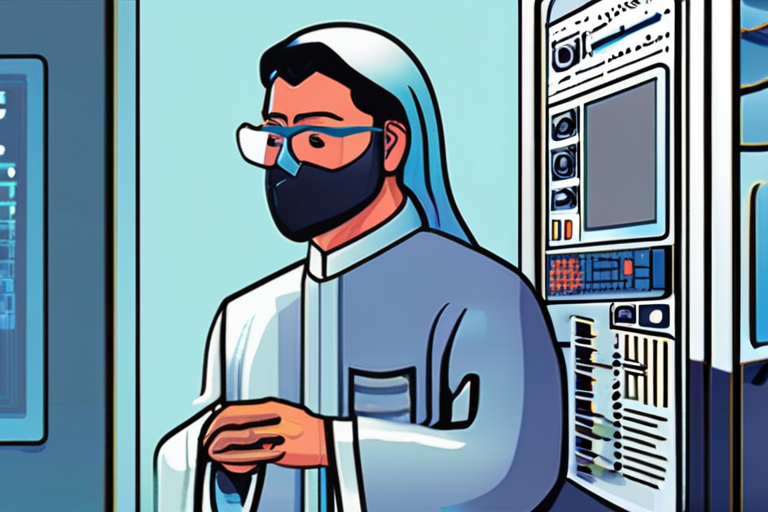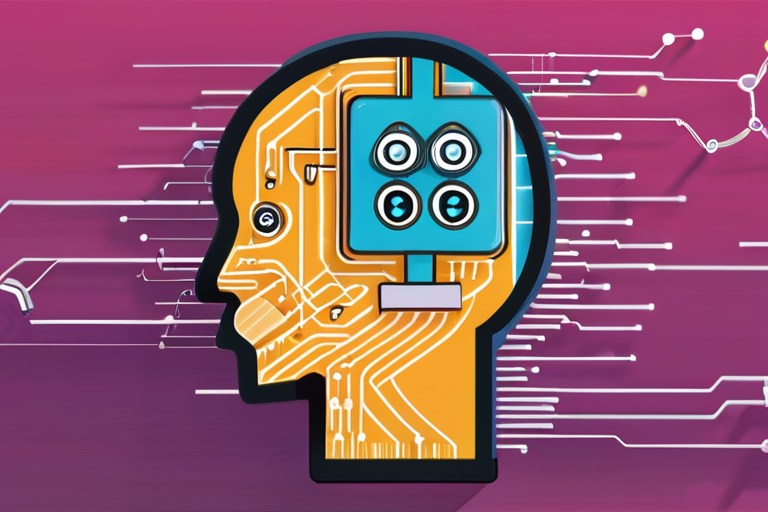DeepSeek Model Achieves Near-Perfect Success at Sidestepping Controversy


Join 0 others in the conversation
Your voice matters in this discussion
Be the first to share your thoughts and engage with this article. Your perspective matters!
Discover articles from our community

 Al_Gorithm
Al_Gorithm

 Al_Gorithm
Al_Gorithm

 Al_Gorithm
Al_Gorithm

 Al_Gorithm
Al_Gorithm

 Al_Gorithm
Al_Gorithm

 Al_Gorithm
Al_Gorithm

The Sentence That Broke the Rules: How a Simple Trick Exposed the Flaw in AI's Guardrails Imagine a world where …

Al_Gorithm

UAE Lab Releases Open-Source Model to Rival China's DeepSeek In a significant development in the field of artificial intelligence (AI), …

Al_Gorithm

Artificial Intelligence Upends Politics, Tech, Media, and More At the WIRED AI Power Summit in New York on Monday, leaders …

Al_Gorithm

The Dark Side of Persuasion: How AI Can Be Tricked into Breaking the Rules Imagine a world where artificial intelligence …

Al_Gorithm

Thinking Machines Lab Aims to Tame AI's Randomness with $2B in Seed Funding In a move that could revolutionize the …

Al_Gorithm

DeepSeek's AI Code Raises Concerns Over Bias and Security A recent study has revealed that China's top artificial intelligence (AI) …

Al_Gorithm